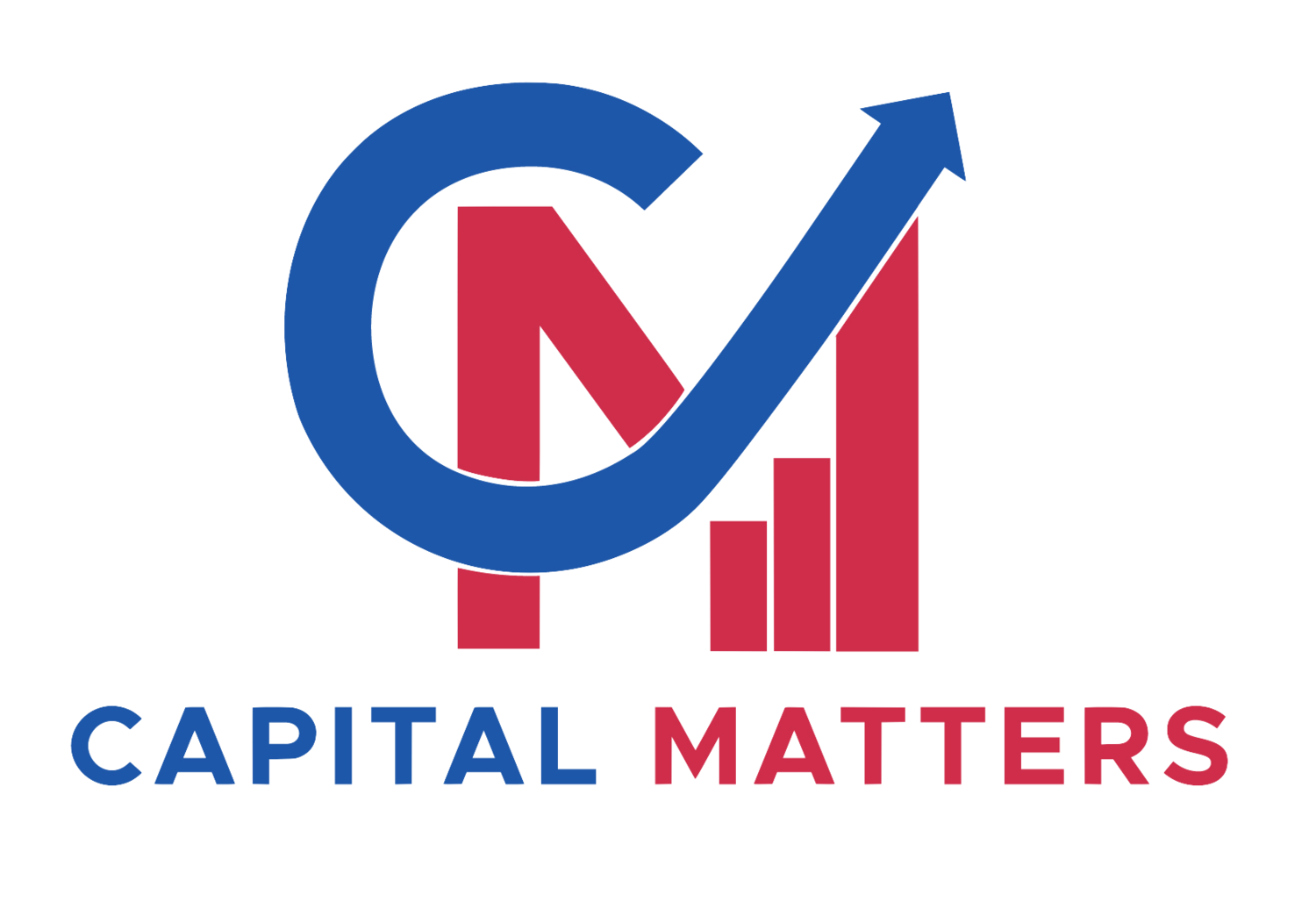Charlotte Jessop on Financial Education
/In my first interview, I am talking to secondary school teacher and fellow money blogger Charlotte Jessop on the subject of financial education.
First of all, tell us a little about yourself
I'm Charlotte Jessop and I run a blog called Looking After Your Pennies where I talk about eco-friendly living and personal finance. My main source of income however is through teaching, where I teach 11-18 year olds mathematics. When I'm not teaching, blogging or side hustling, I'm
spending time with my husband and two young children. We love outdoor pursuits such as swimming, cycling and running.
How did you get into teaching?
I graduated in 2009 which was interesting. As 17/18 year olds, my cohort had gone to university at a time when any degree guaranteed you a high paying job at the other end. Then the financial crash of 2007/08 happened and our prospects were much bleaker. As a maths student, my chances of securing a good job were better than most but we still had to fight for them.
For the best jobs, we now needed the best degrees. Strangely (or not!), teachers were still hard to recruit! Therefore I applied for the teacher training course and was quickly accepted. It turned out that years of working in retail had prepared me well for working with teenagers and a mathematical background made me something of a rarity in the profession.
Were you always interested in personal finance?
Yes and no! I've always been interested in numbers and particularly those numbers that are money. I enjoy a good graph and I like crunching numbers, and there is nothing more satisfying than seeing those numbers come out in your favour. My parents are both very sensible people financially. It is clear to me now that they provided me with a solid education in money. I remember the level of disappointment they showed when they found out I had gone into my student overdraft!
Given that I have, as a result, always been careful with money, I have always been amazed when other people aren't the same way. Over the years I have come to realise that this is a part of a "citizenship" type education that has been left in the hands of parents, but many parents are themselves lacking in this area.
What does THE TERM 'financial education' mean to you?
Firstly, financial education has little to do with mathematical capability. I am drawn to it because of the numbers but it is not necessary to have a degree in maths to be financially well-educated. Financial education is about having the tools, skills and knowledge to understand and use the money you have wisely.
We cannot escape money. We can have more or less of it depending on our actions but everyone has some at some point. Therefore it is paramount that we know what do with it to make it useful to us. I feel that all young people deserve to be taught how to earn money, how to budget, how to save, how to invest and how money works in the wider society.
Did you learn anything about personal finance whilst you were at school and how did this affect you?
I can't honestly remember learning anything about personal finance at school. I studied GCSE and A-level economics so I had a good understanding of how money moved around in business and in Government. There was a time when HSBC came into my school and we all got bank accounts with debit cards that you couldn't even use in Primark or Woolworths. That was about it!
Is change required? If so, what changes would you implement?
I feel that some change is happening. There are some big names out there, such as Martin Lewis from MSE, talking about the necessity of personal finance education. However, unlike everything else in education, it seems that the move to making this a compulsory part of the school experience is slow.
Personally, I would like to see personal finance education embedded across the curriculum for all ages. With school leavers feeling confident that they can use the associated financial jargon and feel capable of making informed decisions.
How should we adapt financial education to different age groups?
As with all education, it should be differentiated appropriately and tailored to the audience. Many parents are happy to let their young children use cash to pay for things in shops but little else often happens between that and a young adult applying for their first credit card or car loan.
Budgeting, for example, is a fundamental skill that can be made accessible to any age group. Let 8 year olds plan what they are going to do with their birthday money, let 13 year olds develop a savings plan for their holiday and let 16 year olds plan learn the costs of car/motorcycle ownership. If it is made relevant to them, they will engage with it more willingly.
In an ideal world, how would properly implemented financial teachinG affect society?
I would like to think that we would have a society that feels more empowered with their money and less deceived by the financial institutions that could help them. I read everyday about people who
didn't understand a credit agreement or who don't know how to apply for a mortgage or who don't understand the power of compound interest.
It makes me sad because these people have been let down. With proper education I would like to see these people knowing their rights and exercising them to their advantage.
As a teacher, how do you actively encourage financial education?
I like to take any opportunity I can to talk to my students about personal finance and as a maths teacher I find plenty of ways to do this. I can teach ratio and proportion by comparing energy rates. Or we can study the changes in value of stocks and shares to learn about time series graphs. It just requires a little creativity.
There was one time when I was in the particularly good position of having a group of year 11 students for extra maths lessons. The usual lesson plan of "revision" was growing rather dull so I asked the students what they would like to learn about, if anything. The response was "money and
stuff." I reacted to this by getting a financial adviser to come in. He was a huge hit! This gentleman wowed the students with his story about how he had left school with modest qualifications and was now making really good money (I got a bit jealous at this point) as a financial adviser.
He then proceeded to talk to these students about mortgages, debt, investing, tax and all manner of other things every week for about 6 weeks. These students loved it. It was these sessions that made me realise the thirst young people have for learning about money and our need as educators to do something about it.
And finally, where can people find you?
Website: https://lookingafteryourpennies.com/
Facebook: www.facebook.com/lookingafteryourpennies
Twitter: www.twitter.com/laypennies (@laypennies)
Instagram: @lookingafteryourpennies
Pinterest: www.pinterest.com/lookingafteryourpennies
My thoughts
As a teacher and money blogger, Charlotte is tackling financial illiteracy from multiple angles. I think many of us would like to see personal finance brought into the classroom and Charlotte has taken the initiative instead of waiting for the system to catch up. It is also clear from her experience that students are genuinely interested in engaging with the topic. Limiting their ability to do that seems like an injustice (and an impractical one at that) that needs to rectified.
If you liked this post, hit the like button down below. If you want to contribute to the discussion, you can do so in the comments section down below.





The best UK Apple News+ Deals, Trials and Savings that you’ll find in February 2025. Updated throughout the month.